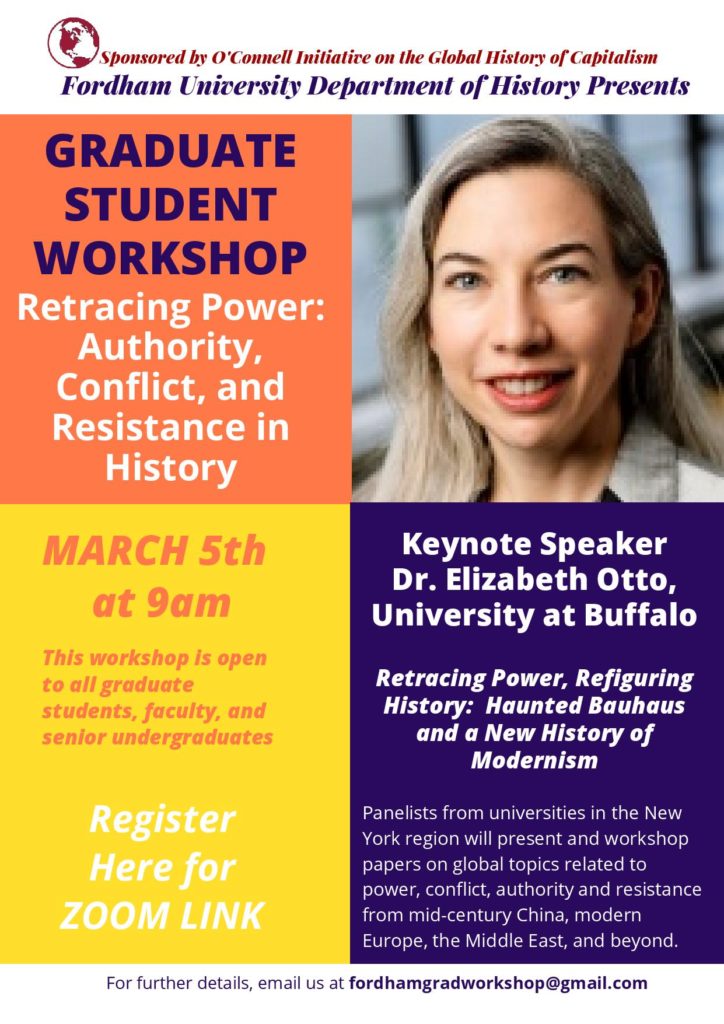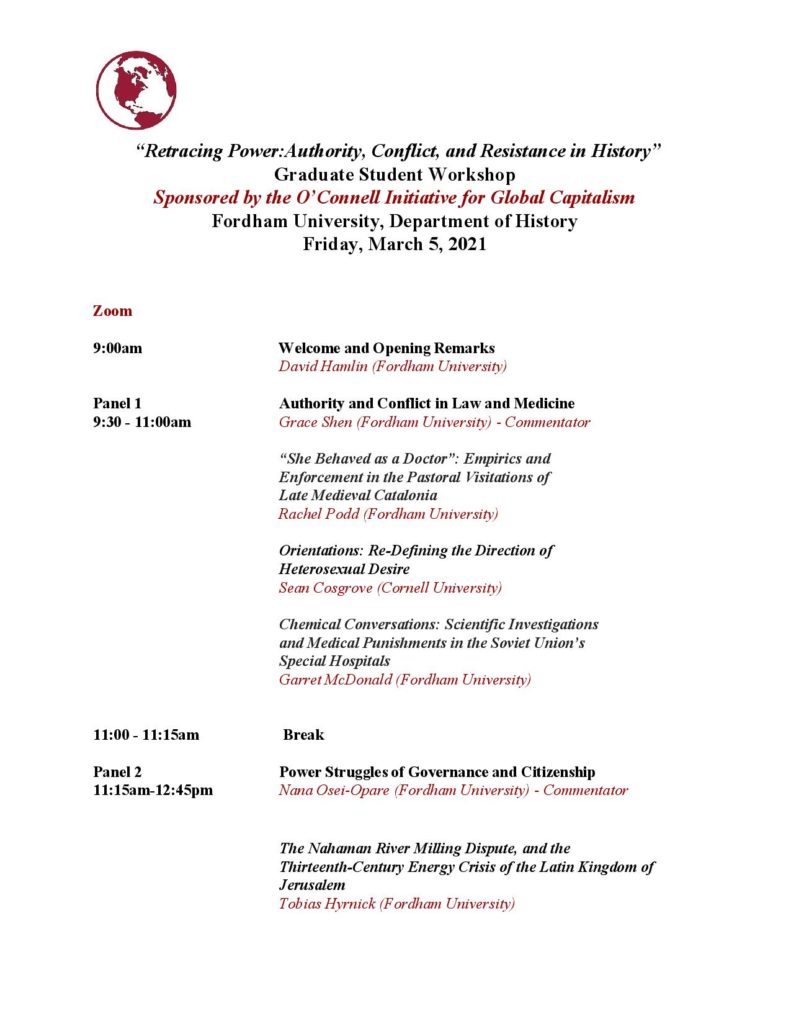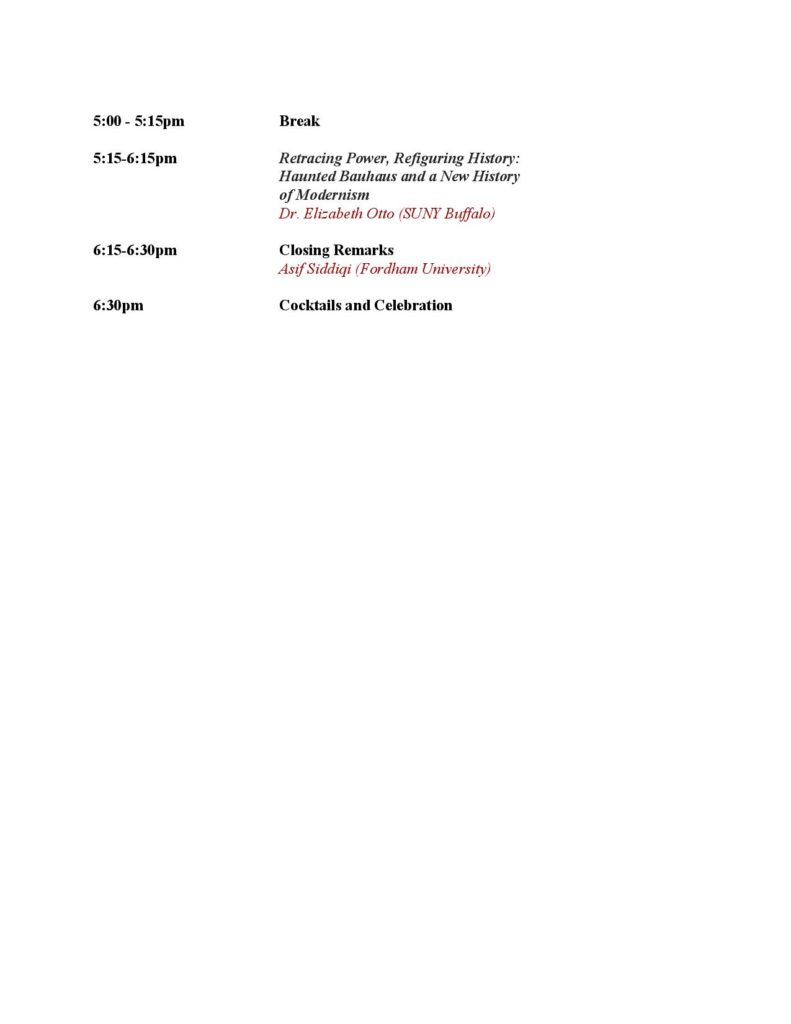Prof. Nana Osei-Opare’s article, “‘If You Trouble a Hungry Snake, You Will Force It to Bite You’: Rethinking Postcolonial African Archival Pessimism, Worker Discontent, and Petition Writing in Ghana, 1957-66,” is now available on the Journal of African History 62(1)(2021). Below is the article’s abstract:
My aim is twofold. Highlighting the value and importance of African archives in the construction of postcolonial African histories, I first reject what I call ‘postcolonial African archival pessimism’: the argument that postcolonial African archives are too disorganized or ill-kept to be of much, if any, value in configuring postcolonial African histories. Second, primarily through petition and complaint letters, I examine how Ghanaian workers protested racist and abusive workplace environments, government malfeasance, stagnating wages, and unfair dismissals in Kwame Nkrumah’s Ghana. These archival gems illuminate how workers made claims to and performances of citizenship and reminded the state of their importance, politically and practically, to building the Ghanaian project. From Ghanaian and British archives, I seek to complement histories that highlight the centrality of African workers — through their letters and feet — in articulating the contradictions and aspirations of postcolonial African states.
You can follow him on Twitter @NanaOseiOpare









